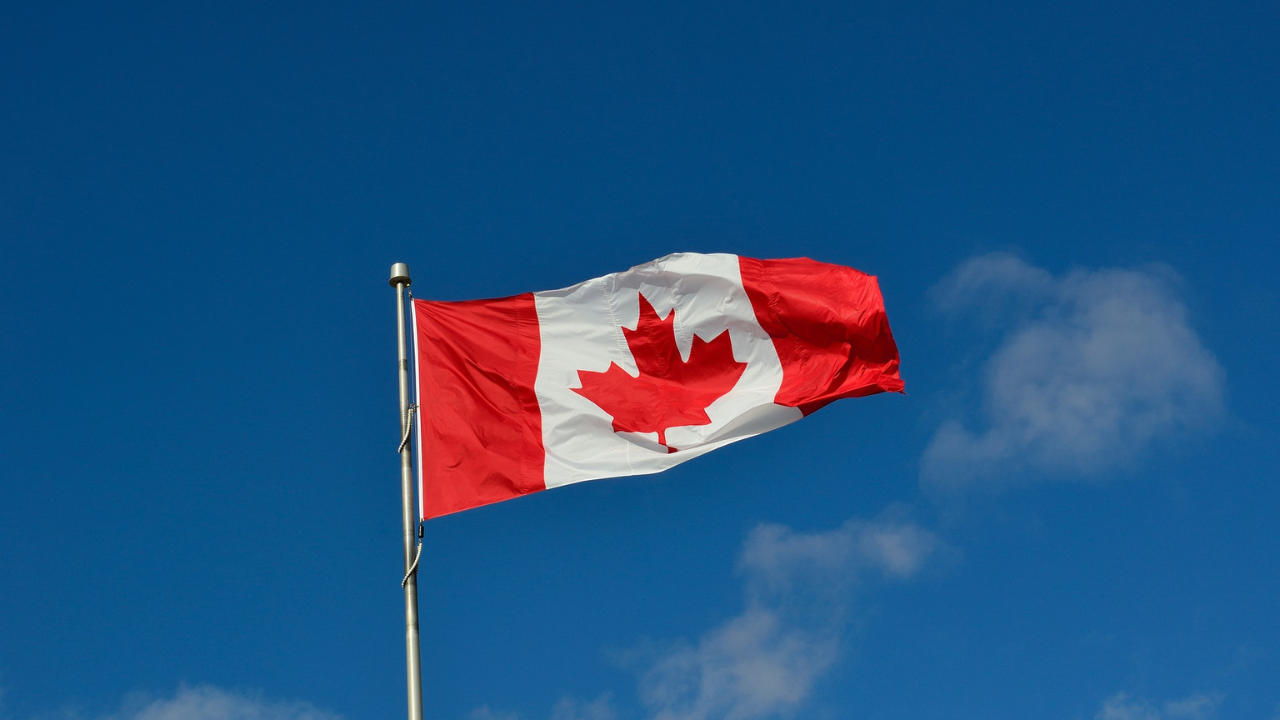

Canada is renowned for its rich tapestry of art and culture, a vibrant mosaic reflecting its diverse peoples and histories. But is also has a saddening. Canada is a land of vibrant art and rich culture. From the colorful art of the First Nations to the lively festivals celebrated across the country, Canada's cultural tapestry is both beautiful and diverse. But it also bears the burden of certain mistreatment and oppression.
For newcomers, exploring this heritage can be an exciting journey. One key part of this cultural exploration is understanding Truth and Reconciliation Day, a day that plays a crucial role in acknowledging and addressing Canada's past.
Canada's history includes the mistreatment and oppression of Indigenous peoples. The National Day for Truth and Reconciliation, observed on September 30, is an important step toward recognizing this painful past and working toward healing and understanding.
This day, also known as National Day for Truth and Reconciliation, has its roots in the establishment of the Truth and Reconciliation Commission( TRC), in 2008. The commission's goal was to reveal the truth about the residential school system, which existed in Canada for over a century. These schools forcibly took Indigenous children from their families, denying them their language and culture, and often subjected them to abuse.
TRC was mandated to document the history and legacy of residential schools and to promote reconciliation between Indigenous and non-Indigenous Canadians. After years of hearings, research, and gathering testimonies, the TRC released its final report in 2015, which included 94 Calls to Action designed to address the ongoing impacts of these schools and foster reconciliation.
The day is commemorated to honor the legacy of residential school survivors and to promote a broader understanding of the injustices faced by Indigenous peoples in Canada. Marking a significant step in acknowledging the painful history of residential schools, which were aimed at assimilating Indigenous children and erasing their cultures.
For Indigenous communities, Truth and Reconciliation Day is more than a day of remembrance—it is a moment to reflect on the ongoing impacts of residential schools and to continue the healing process. The day serves as a reminder of the cultural loss, trauma, and injustices experienced by survivors and their families. It also provides an opportunity for communities to come together, share their stories, and engage in collective healing.
The observance of this day has become a powerful tool in amplifying Indigenous voices and acknowledging their experiences. It also plays a crucial role in educating Canadians about the true history of residential schools and the importance of supporting Indigenous rights and reconciliation efforts.
Educational institutions across Canada are making efforts to teach students about the significance of this day. Schools and universities are incorporating lessons about Indigenous history, culture, and the legacy of residential schools into their curricula. These educational initiatives aim to foster understanding and respect among young people, helping them recognize the importance of reconciliation.
The Canadian government has made various commitments to support reconciliation and address historical injustices. These include financial compensation for survivors, funding for Indigenous-led initiatives, and legislative changes aimed at improving the lives of Indigenous peoples. Additionally, the government has pledged to implement the TRC’s Calls to Action and to work towards meaningful reconciliation.
Efforts such as the establishment of the National Centre for Truth and Reconciliation, which houses the TRC’s archives and serves as a hub for research and education, reflect the government’s commitment to preserving the history and promoting understanding.
On this day, communities come together to celebrate various events and workshops across Canada. These can include:
These events provide an opportunity for people to engage with Indigenous culture and learn more about the reconciliation process.
To deepen your understanding of Truth and Reconciliation Day, consider exploring the following resources:
Truth and Reconciliation Day is more than a commemoration; it's a call to action. It challenges everyone to reflect on Canada's history and to work towards a future where justice and respect prevail. By learning, participating in community events, and engaging with Indigenous culture, we can all contribute to the ongoing journey of reconciliation. Be part of a greater family!
As of August 2024, here are some upcoming Truth and Reconciliation Day events and initiatives happening across Canada. Note that specific events might vary by region, so it’s a good idea to check local community boards or official websites for the latest information.
For the most accurate and up-to-date information, it’s a good idea to visit local Indigenous community websites, municipal event listings, and educational institution announcements.
Having an 'Identity Verified' badge or being 'Identity Verified' simply indicates that an individual has submitted information to complete our identity verification process or we have conducted internal verification using various authorized websites. While this process includes safeguards, it does not guarantee that the person is who they claim to be.
If you encounter any issues with this profile, please report them here. While all consultants who are verified have RCIC ID, we may not have the latest data in terms of their renewal/cancellation/discontinuation of their RCIC ID.
The "Verified Consultants" profiles are created using publicly available information, including data from the IRCC website, official consultant sites, other listing platforms, and social media. Immiperts.com is an independent platform, not affiliated with IRCC or any registered immigration consultants. To update, claim, or remove your profile, please contact us at [email protected].
╳